Showing 1-15 of 169 results

Health Lab
When white blood cells, meant to protect the body from infection, are overly activated, they eject their DNA into nets, further disrupting the immune system and making patients more likely to develop a potentially severe reaction to immunotherapy.
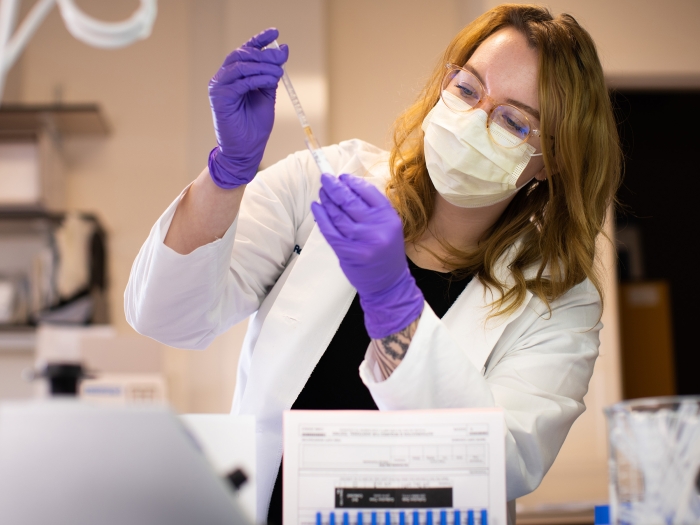
Health Lab
Changing how often a popular cancer therapy is delivered would reduce greenhouse gas emissions and improve environmental impact without decreasing cancer survival, according to a new analysis from researchers at the University of Michigan Health Rogel Cancer Center.

Health Lab
Youth with heart disease enrolled in unique program that teaches resilience and builds connections with their peers
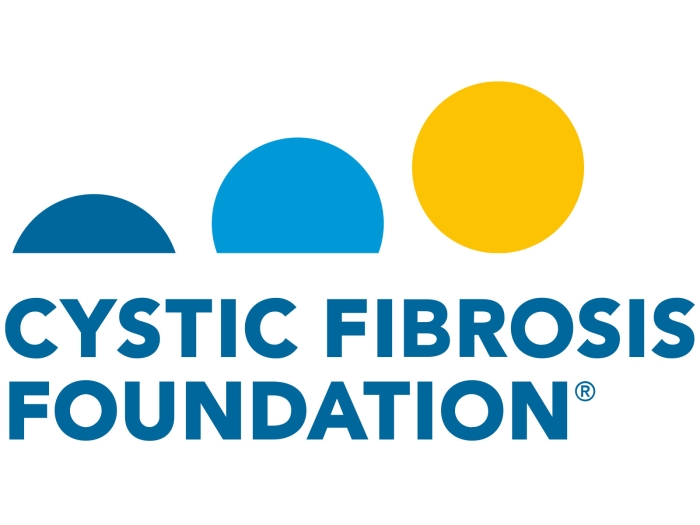
Department News
Assistant Professor Rachel Niederer of the Department of Biological Chemistry at U-M Medical School is one of the recipients of a collaborative award from the Cystic Fibrosis Foundation.
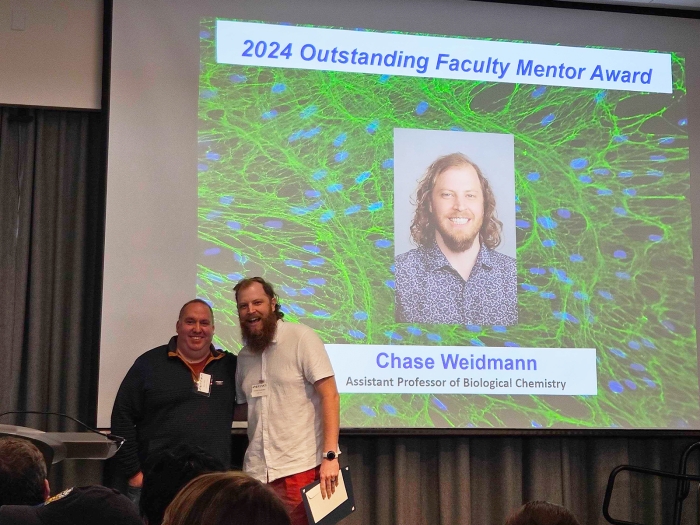
Department News
Assistant Professor Chase Weidmann of the Department of Biological Chemistry at U-M Medical School is the 2024 recipient of the Outstanding Faculty Mentor Award from the CMB Program.
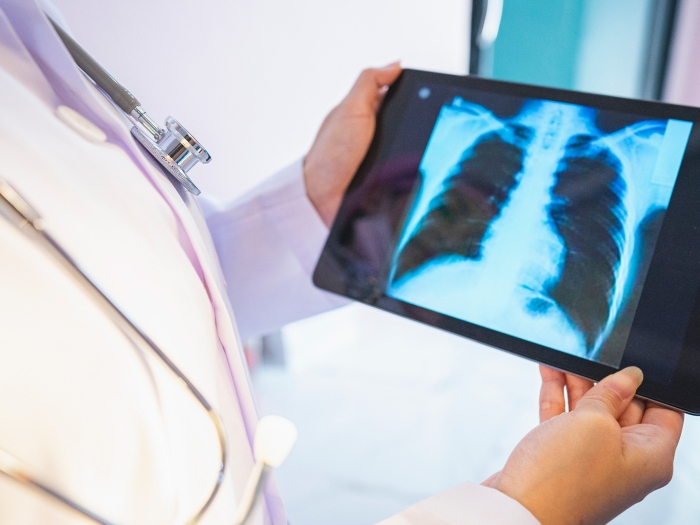
Health Lab
Researchers uncovered nine elements that have significant effects on a whether a patient may develop pneumonia, with nearly 20% of patients moving into a higher risk category based on what occurred during or following the surgery.

Department News
Yan Zhang, PhD, Jeanne Stuckey, PhD, Markus Ruetz, PhD, Michael Cianfrocco, PhD, and Wei Cheng, PhD, have been promoted.

Health Lab
The newest version of the heparin reversal drug, described in a recent issue of Advanced Healthcare Materials, adjusted the number of protons bound to it, making the molecule less positive so it would preferentially bind to the highly negative heparin, resulting in a much safer drug.

Health Lab
A team of researchers have spent the past eight years looking at better ways to transport organs for donation, specifically hearts, to improve the number of organs that can be used for transplants. They found that using a modified normothermic perfusion system heart preservation was feasible for up to 24 hours.

Health Lab
A melanoma survivor shares facts and tips about preventing all types of skin cancer.
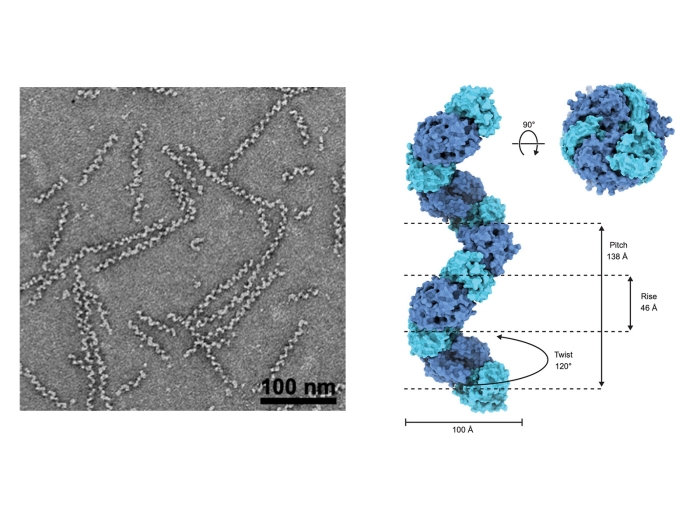
Department News
Recent research achievements from the Giessen lab.
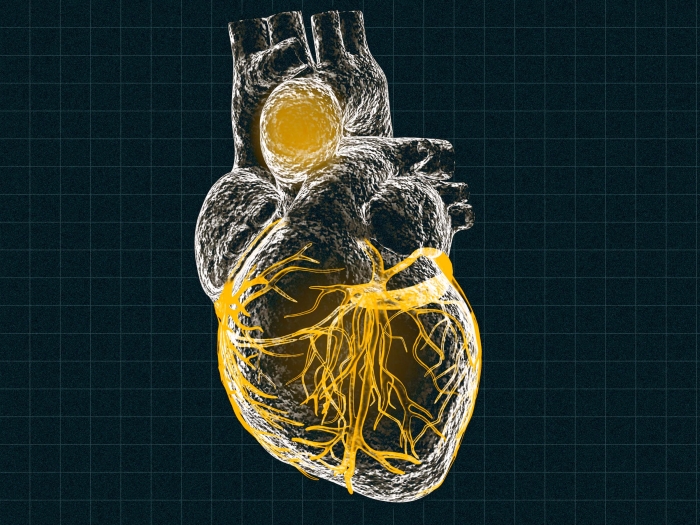
Health Lab
Using human cells in an animal body, a team of researchers has developed a functional model of thoracic aortic aneurysm, creating opportunities for more effective understanding of disease development and treatments for the potentially fatal condition.

Health Lab
The availability of clinical trials of new treatments for cancer varies greatly by geography, and a new study shows more socially vulnerable areas have far fewer.